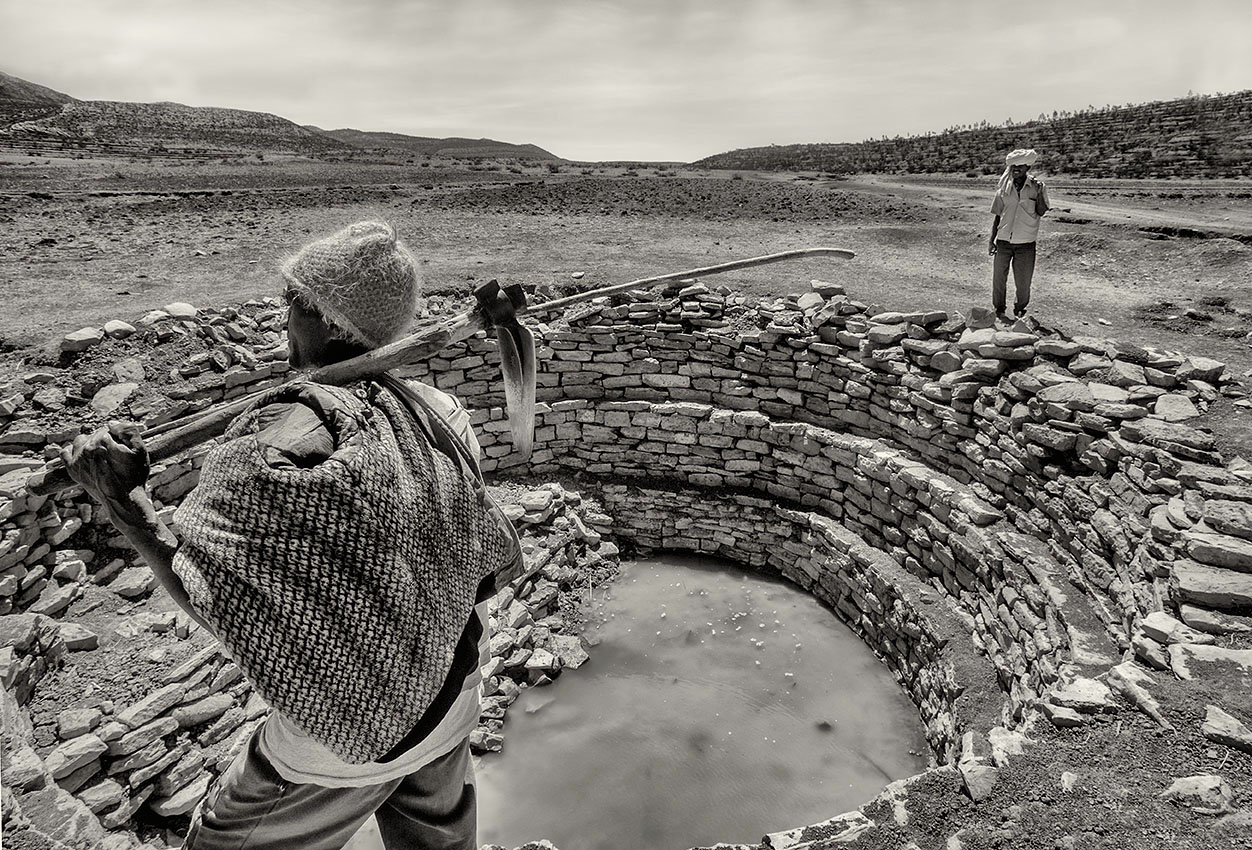Lacuna returns after a summer break with a series of articles which give voice to vulnerable and marginalised individuals and communities. And there is also the promise of much more to come over the Autumn season.
In our lead article, “Hear No Evil See No Evil: The UK and the Iraq Allegations“, Andrew Williams tells the story of widespread allegations of abuses by British soldiers in Iraq. He has followed this story for a number of years in Lacuna, in other news outlets, and in his award winning book about the killing of one Iraqi detainee, Baha Mousa. Now is a timely moment to return to this story. The front pages of the national newspapers have been full of the allegations in recent weeks and months. But they only tell a partial story. To really understand what is going on, Andrew argues you have to know the full history. Only then does it become clear that the current furore is just another stage in the failure of the UK government to find out the truth of what really happened in Iraq.
We also tell a less well-known story, but one that is having a disastrous impact on women and girls in one of the world’s poorest countries. Ethiopia is experiencing its most severe drought of the last half century. It is women and girls who are responsible for fetching water for their family homes, and are feeling its worst effects. Photojournalist Ángel López Soto and journalist Eva Mateo Asolas report on the human cost of the drought for women in Ethiopia, in two linked articles which tell the story in pictures and in words.
As we demonstrate this month, by returning again to the Iraq allegations, Lacuna always goes back to a story where there is more to tell. So it is fitting that, in the edition where we tell about the devastating effects of drought in Ethiopia, we also launch a call for submissions on environmental migration. Migration is increasingly being driven by environmental issues. Climate change is set to create mass migration of hundreds of millions in the decades to come. Lacuna wants to tell the stories of ‘environmental migrants’ so that their need to move is better understood in the countries receiving them, and so that we increase our resolve to reduce greenhouse emissions so more people can remain in their own communities. Please have a look at our call, and see if you can contribute.
Finally in this edition, Sharifah Sekalala reflects on a recent UK High Court decision which opened the way to providing preventive treatment for both gay men and sex workers at risk of HIV infection in England. She argues it is a landmark case, but media coverage, as well as the reaction of NHS England to the decision, shows how much discrimination still exists against gay men in Britain. This piece was originally published in the Conversation. In this re-published version in Lacuna, Sharifah also responds to the debate provoked by her original article.
There is a great deal more to look forward to in Lacuna over the months to come. We will have a special issue on the Western Balkans. We will carry on talking about the vital issue of migration. We will also shortly be putting out a call for submissions on the theme of emergency food aid, which will continue and extend our earlier work examining the UK’s foodbank phenomenon. And there will be much more besides.
